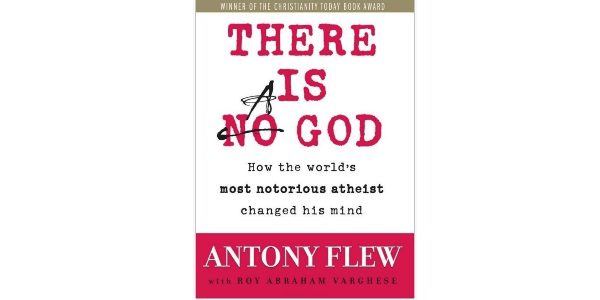

This paper was met with considerable acclaim and was published in multiple journals. In the summer of 1950, Anthony Flew plunged headlong into the philosophical waters when he read his paper “Theology and Falsification” to the Socratic Club at Oxford. This rejection of Christianity and theism was brought on by what he now calls “two juvenile inconsistencies: (1) the problem of evil was a decisive disproof of the existence of an all-good, all-powerful God and (2) the “free-will defense” did not relieve the Creator of responsibility for the manifest ills of creation.” Of the Socratic Club, Flew wrote, “the Socratic principle I saw exemplified there-of following the evidence wherever it may lead-increasingly became a guiding principle in the development, refinement, and sometimes reversal of my own philosophical views.” įlew had rejected his Christian upbringing and became an atheist by the age of fifteen. It also served as a launchpad for many great atheist thinkers, one of whom was a young man by the name of Anthony Flew. It is widely known that the Socratic Club helped Lewis to build his defenses of the Christian religion and served as a launchpad for many of his written works.īut just because the Socratic Club was led by a Christian did not mean that it was dominated by Christians. The head of this forum from 1942 to 1954 was none other than the greatest Christian apologist of the 20 th century, C.S. Founded in 1941 at Oxford University, the Socratic Club was an open forum for debates between atheists and Christians.

Just about any Christian who is at all familiar with apologetics has probably heard of the famous Socratic Club.


 0 kommentar(er)
0 kommentar(er)
